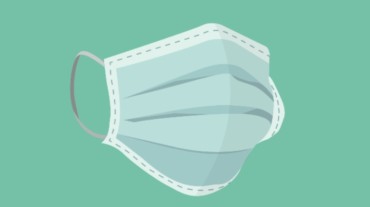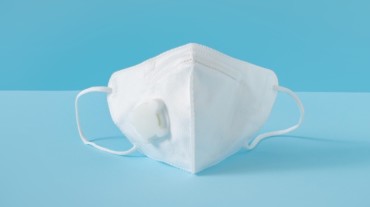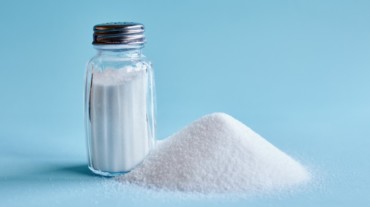
In the fight against the novel coronavirus, face masks have been our best bets so far. Right from N95 masks to triple-layered fabric masks—most of us have them all at home as our defences. And now, scientists have designed a new face mask with an anti-viral layer that can deactivate the novel coronavirus.
Yes, an anti-viral mask to protect against covid-19 really does exist! Developed by the researchers at Northwestern University in the US, the mask fabric is coated with anti-viral chemicals that can sanitise exhaled, escaped respiratory droplets.
By simulating inhalation, exhalation, coughs, and sneezes in the laboratory, the researchers found that non-woven fabrics used in most masks work well to demonstrate the concept.
The study, published on Thursday in the journal Matter, found that a lint-free wipe with just 19% fibre density, for example, sanitised up to 82%of escaped respiratory droplets by volume.

Such fabrics do not make breathing more difficult, and the on-mask chemicals did not detach during simulated inhalation experiments, the researchers said.
“Masks are perhaps the most important component of the personal protective equipment (PPE) needed to fight a pandemic,” said Northwestern University’s Jiaxing Huang, who led the study.
“We quickly realised that a mask not only protects the person wearing it, but much more importantly, it protects others from being exposed to the droplets (and germs) released by the wearer,” Huang said.
Although masks can block or reroute exhaled respiratory droplets, many droplets and their embedded viruses still escape, the researchers said. From there, virus-laden droplets can infect another person directly or land on surfaces to indirectly infect others, they said.
After performing multiple experiments, the researchers selected two well-known antiviral chemicals: phosphoric acid and copper salt.

These non-volatile chemicals were appealing because neither can be vaporised and then potentially inhaled, and both create a local chemical environment that is unfavourable for viruses.
Select Topics of your interest and let us customize your feed.
PERSONALISE NOWThe team grew a layer of a conducting polymer polyaniline on the surface of the mask fabric fibres. The material adheres strongly to the fibres, acting as reservoirs for acid and copper salts.
The researchers found that even loose fabrics with low-fibre packing densities of about 11%, such as medical gauze, still altered 28% of exhaled respiratory droplets by volume.
(With inputs from PTI)